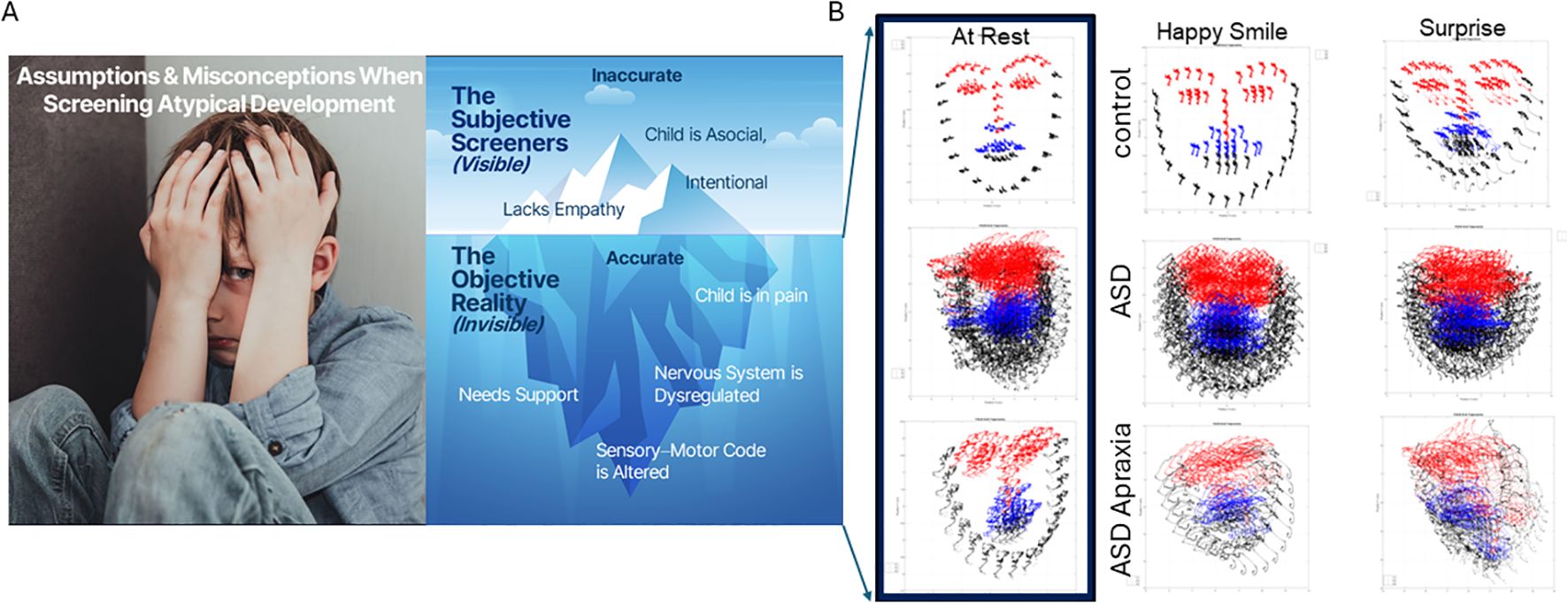2025-04-11 バッファロー大学(UB)

<関連情報>
- https://www.buffalo.edu/news/releases/2025/04/yue-millen-diet-quality-oral-microbiome.html
- https://jn.nutrition.org/article/S0022-3166(24)00474-7/abstract?dgcid=raven_jbs_etoc_email
閉経後女性における健康的食事指数-2020と口腔マイクロバイオームの関連性 Association Between Healthy Eating Index-2020 and Oral Microbiome Among Postmenopausal Women
Yihua Yue∙ Kathleen M Hovey∙ Jean Wactawski-Wende∙ … ∙ Michael Buck∙ Yijun Sun∙ Amy E Millen
The Journal of Nutrition Published:August 30, 2024
DOI:https://doi.org/10.1016/j.tjnut.2024.08.023
Abstract
Background
Dietary intake has been suggested to be associated with the oral microbiome, but no study has examined the association between overall diet quality and the oral microbiome.
Objectives
This study aimed to investigate the cross-sectional association between the Healthy Eating Index-2020 (HEI-2020) and the diversity and composition of the oral microbiome among participants in the Buffalo Osteoporosis and Periodontal Disease (OsteoPerio) Study.
Methods
In 1175 postmenopausal women (mean age: 67 ± 7.0 y), we estimated the HEI-2020 scores for each woman from a food frequency questionnaire administered from 1997 to 2000. Bacterial DNA was extracted from subgingival plaque samples and analyzed using 16S ribosomal RNA sequencing. The alpha-diversity (within-sample diversity) and β-diversity (between-sample diversity) across HEI-2020 quartiles were examined using analysis of covariance and permutational multivariate analysis of variance, respectively. The associations between the HEI-2020 score and the relative abundance of microbial taxa were examined by linear regression models. The analyses were further conducted for individual components of the HEI-2020.
Results
No statistically significant associations were observed between the HEI-2020 scores and alpha- or beta-diversity. However, greater consumption of seafood, plant proteins, and total protein and lower consumption of added sugars were positively associated with alpha-diversity. After we applied a false detection rate (FDR) correction, higher HEI-2020 scores were significantly associated with decreased abundance of Lautropia, Streptococcus gordonii, Cardiobacterium valvarum, and Cardiobacterium hominis, and increased abundance of Selenomonas sp. oral taxon 133 and Selenomonas dianae (FDR-adjusted P values < 0.10). Additionally, 28 other taxa were identified as being associated with HEI-2020 components.
Conclusions
Although the HEI-2020 was associated with the composition, but not the diversity, of the oral microbiome, individual HEI-2020 components were associated with both its diversity and composition. Specific dietary components may have more impact on the diversity and composition of oral microbiome than overall diet quality assessed by the HEI-2020.


